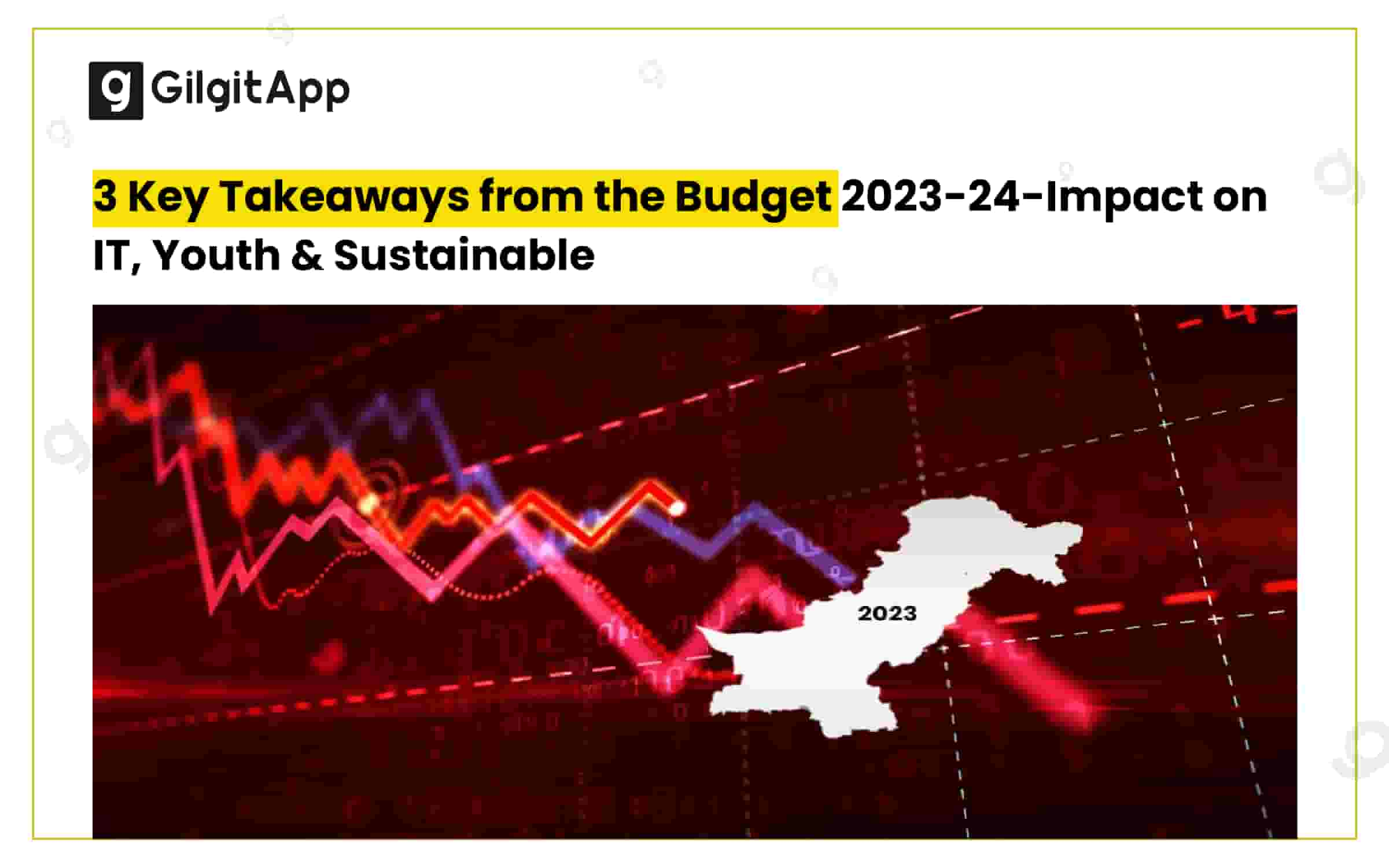Why Major Economies Are Shifting Away From Dollar?
Dollar is shrinking as the world's currency as major economies switch to local currencies for international trade from India in Asia to Brazil in South America.

The US Dollar has been the dominant currency in the global economy since the end of World War II. However, in recent years, major economies have been moving away from the Dollar and towards alternative currencies from the words busiest populations like China and India to Russia and Brazil. This shift away from the Dollar could have significant implications for the global economy as well as for the United States as the US dollar had been the sole world's primary reserve currency for a long time.
Indian to Use Rupee in International Trade
India has been pushing for international trade settlement in the Indian Rupee, rather than the US Dollar cited in its foreign trade policy active from April 2023. This move would give India greater control over its economy fulfilling the scarcity of the dollar and reducing its dependence on the US Dollar. Earlier this, India endorsed an agreement with Malaysia to trade in Rupee. However, it could also have some major consequences such as increased volatility in the Indian Rupee and reduced demand for the US Dollar.
ASEAN's Move Away from the US Dollar
The Association of Southeast Asian Nations (ASEAN) has adopted a currency trade agreement, which allows its members to swap their currencies with one another. This move is designed to reduce their reliance on the US Dollar and increase economic cooperation within the region while expanding cross-border digital payment systems and the use of local currencies for trade expanding multi-lateral trade relationships.
BRICS New Development Bank's Lending Program in Local Currencies
The BRICS New Development Bank offers loans of 30% in local currencies, rather than the US Dollar. This move gives BRICS countries greater control over their economies while reducing their reliance on the US Dollar. The news came in after Dilma Rousseff was sworn in as the new BRICS chief. It is to be noted, BRICS is a multilateral cooperation and developmental alliance between Brazil, China, Russia, India, and South Africa.
Saudi Arabia's Exploration of Alternative Currencies for International Trade
Saudi Arabia has indicated that it is open to trading in currencies besides the US Dollar. This move could reduce Saudi Arabia's dependence on the US Dollar and give it greater control over its economy engaging with other countries like China. Being the largest oil exporter, Saudi Arabia's major oil export ensues in US Dollars. However, earlier this year, China showed its interest in bilateral trade if the keeping currency Yuan into consideration.
China-Russia Trade Settling in Local Currencies
More than 70% of China-Russia trade is settled in local currencies, rather than the US Dollar. This makes China and Russia the only countries to exhibit international trade in their sole currencies. Both the premiers have joined arms in arms to facilitate bilateral trade and economic cooperation with a more emphasis on the use of local currency yuan and Rubel which predominantly counts for most of their trade.
China and Brazil's Agreement to Bypass the US Dollar in Bilateral Trade
China and Brazil have struck a deal to abandon the US Dollar in their trade transactions. The countries will now commence their trade-in Yaun and Brazillian Real. With a total increase of $157.5 billion in 2022, Brazil is the biggest trade partner of China in South America. Thus, both countries promote local currencies to boost trade and bilateral cooperation to reach new higher depths.
Conclusion
Major economies are shifting away from the US Dollar towards alternative currencies. This shift could have significant implications for the global economy. While it gives countries greater control over their economies, it could also lead to increased volatility in currencies and reduced demand for the US Dollar. It remains to be seen how this shift will play out in the long term, but it is clear that the global economy is undergoing significant changes.



